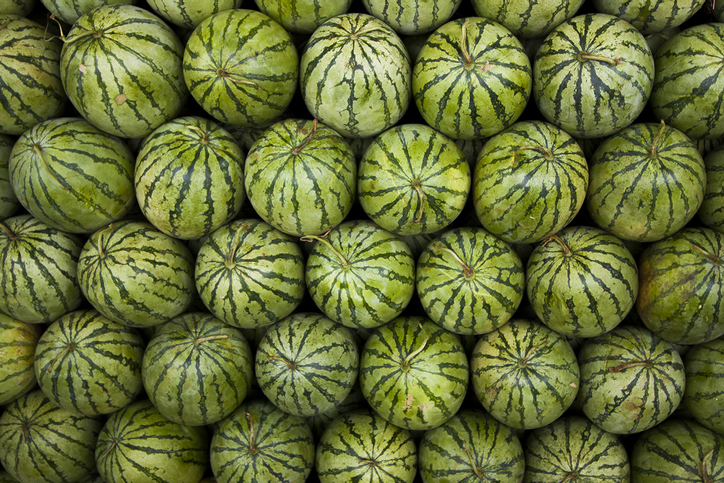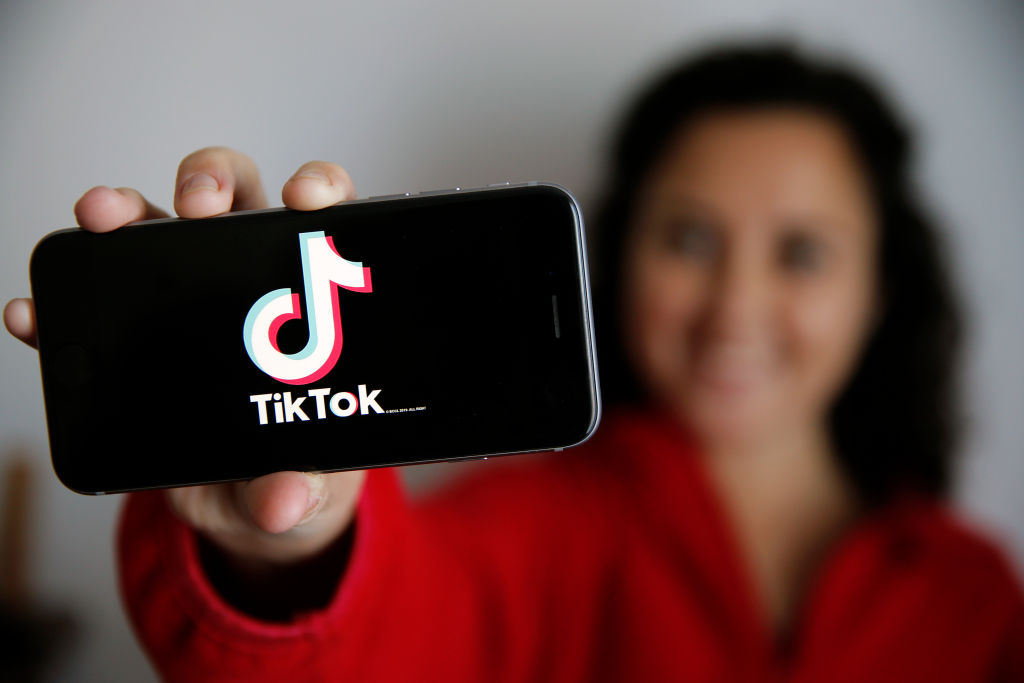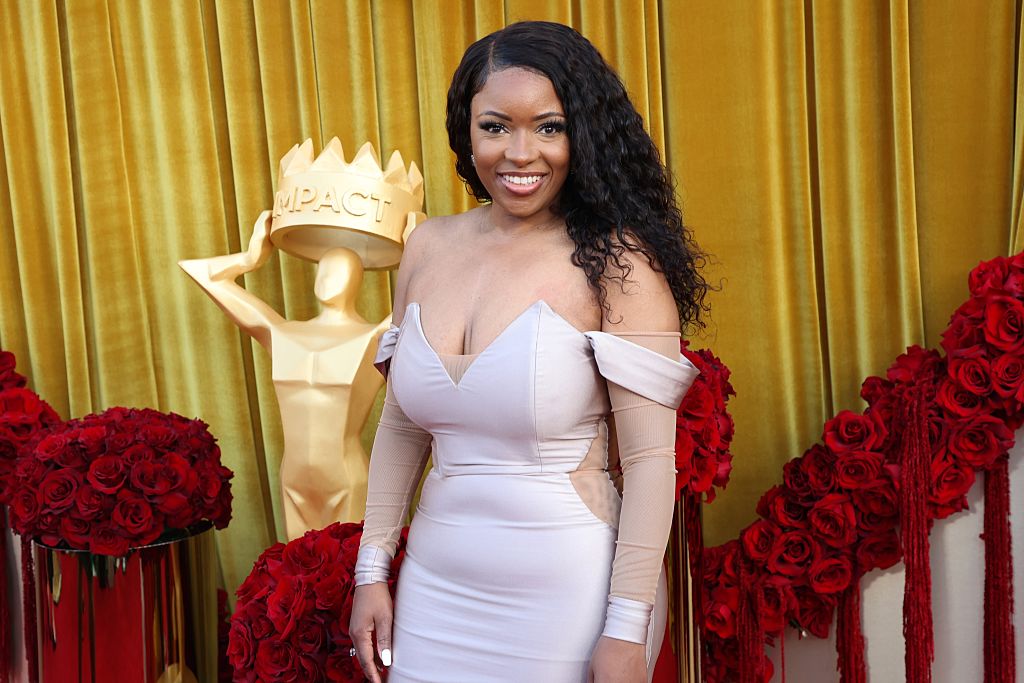National Watermelon Day History And Facts? No One Seems To Know
How Did National Watermelon Day Become A Thing, And Why? No One Seems To Know

Source: Dhaqi Ibrohim / Getty
UPDATED: 7:05 a.m. ET, Aug. 3, 2021
Tuesday marked the United States’ yearly celebration of all-things watermelon, something that, at first, seems random yet harmless enough. But as people around the country observe National Watermelon Day every Aug. 3 by, well, consuming watermelon in some shape, form or fashion, it’s impossible to ignore the racist trope associated with the succulent fruit.
However, before we get to the racial hangups surrounding watermelon, there is one other pressing issue that no one can seem to properly address: How in the world did National Watermelon Day actually become a thing in the first place?
According to some very brief and unofficial research online and especially on social media, it looks like the observation (holiday?) was being celebrated on Twitter as far back as 2012. Of course, that research also uncovered extreme instances of anti-Black racism with those National Watermelon Day tweets, making it even more of a burning question to find out how the day even come into existence.
For anyone who’s been paying attention, each year seems to bring a new random holiday, Popcorn Day and Squirrel Appreciation Day notwithstanding. But, at least for this Black writer, National Watermelon Day is a new one. And with all the racist commentary attached to it online, one can’t help but wonder who decided National Watermelon Day was a good idea? After all, there has never been any news of slumping watermelon sales, or anything of the sort, so there’s no need for any extra promotion of something people already love, right? Wrong, apparently.
In case you missed it, watermelon is all but tantamount to the same inane racist trope as Black people eating fried chicken. Black people and foods as a collective negative stereotype originated back in the late 19th century through racist images associated with Black folks eating. Watermelon was somehow one of the mainstays in those images, Dr. Psyche Williams-Forson, associate professor and chair of African American studies at the University of Maryland, told the Huff Post about the oblong green striped fruit last year.
https://twitter.com/MiddletonCalvin/status/628264647527956481?s=20
“When I was researching [fried] chicken, I found as many images about watermelon,” she said. “In fact, one of my earliest images I have is of an African American man with a watermelon in each arm and a chicken on the ground, or a pullet as they called it. He was allegedly making the decision about [whether to] put the watermelons down and pick up the pullet. Or does he leave the pullet and take the watermelons?”
Of course, it’s absurd to vilify one group of people for enjoying a certain type of food the people from all backgrounds also enjoy. But that truth hasn’t stopped the stereotype from persisting to this day.
With that said, additional Googling didn’t turn up much else about the history of the day. The National Day Calendar website offered an explanation that was found on other similar websites that listed random annual observations: “our research did not uncover the creator and origin of National Watermelon Day.”
Now, the next obvious question is: Are you celebrating it?
SEE ALSO:
It’s A Mistake To Give Black Colleagues A Watermelon As A Gift
















